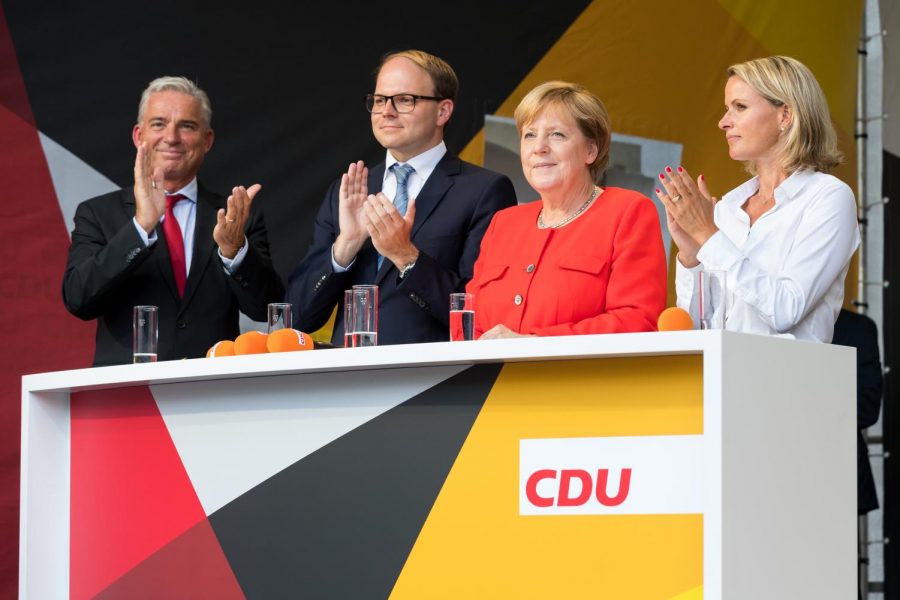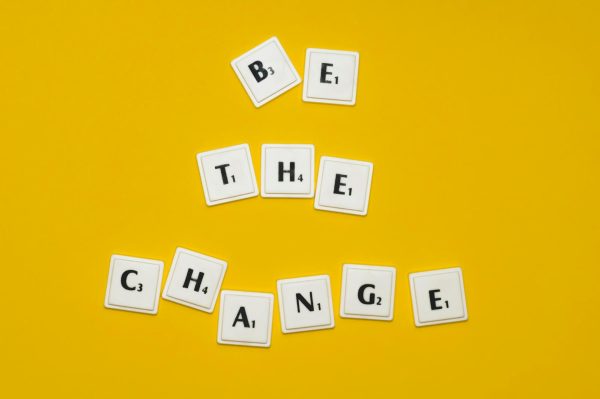Are the German Elections Even Still Topical?
Writing about the German elections might seem a bit outdated for the News section, but if one is aware of all the current complications, one realizes that it definitely is not a topic of yesterday.
On September 24, the German adult public voted. While some results were exactly what one could expect, others had many Germans in shock. The AfD (Die Alternative für Deutschland) gained surprising ground with 12.6% of the votes. Many had dismissed this party for missing the 5% hurdle for parliamentary representation in the last elections. However, now, the AfD is the third biggest party in Germany. Many link this escalation back to a reaction to the large refugee influx in Germany, as the AfD has a strong stance on this issue. Their election campaign certainty focused on this issue with slogans such as “Burgundy instead of Burka” (showing an image of a burgundy Dirndl) and “New Germans? We can make them ourselves”.
Unsurprisingly, on the other hand, was the success of Angela Merkel. She has now begun her fourth term as the German Chancellor, defeating Martin Schulz, the SPD chancellor candidate. Merkel’s party, the CDU, is still the largest party in Germany with 32.9% of the votes. However, this victory needs to be swallowed with a bitter pill; in comparison to the last election results, the CDU lost the most voters out of the major parties with an 8.6% loss.
The SPD might not have lost as many seats, but the defeat of Martin Schulz and the loss of 5.2% forced the SPD to reconsider its position in German politics. It was announced that the SPD would no longer be part of the Grand Coalition between SPD and CDU and its sister party CSU. This coalition led the Bundestag for the last four years and could even now secure a majority, but the SPD adamant about its split with the CDU.
Instead, Merkel is forced to look elsewhere for a coalition to secure a majority. The most promising one seems to Jamaica. If you are now wondering how another country is involved in the German elections, you aren’t the only one. Admittedly, the name of the FDP, Grüne (Green Party), and the CDU/CSU coalition could have been chosen better.
The FDP, a pro-business party, is a party resurrected, in a sense. After all, in the last elections, the FDP did not even make the 5% hurdle. Now, they are coming back with massive 10.7%, and its leader, Christian Lindner, is already eyeing the finance minister position.
The above-mentioned coalition does come with its obstacles. For one, finding a compromise between two parties was difficult for the last four years, now, forming this three-party coalition is already on the verge of simply not working. Meetings trying to form this coalition are still in the process, almost two months after the elections. If Merkel cannot find a solution, reelections are a serious possibility. Yet, many are worried about this prospect, as they fear that the AfD would gain more ground.
So, when someone says that the German elections are an issue long forgotten and done with, feel free to correct him or her.





chris hill • Nov 16, 2017 at
Well, while you might think that “Jamaica” is a strange name for this potential coalition, the alternative would have been “Schwampel” (= schwarze Ampel – a black set of traffic lights based on the colours of the political parties involved) which is even more bewildering! Let’s see what the current negotations will lead us to! Mr Hill